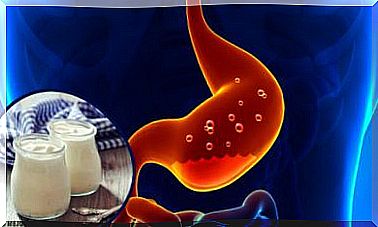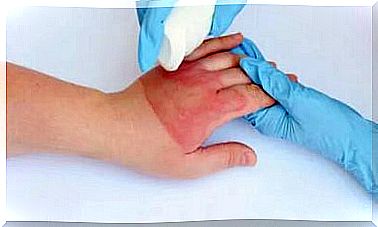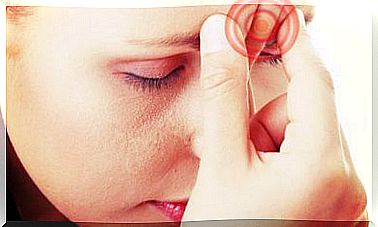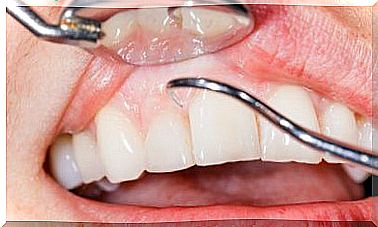Physical Punishment Of A Baby And Its Consequences
For parents who have been educated with disciplinary measures including physical punishments, it is sometimes difficult to have a different mode of education for their children. children. However, you should know that corporal punishment harms the baby physically and emotionally.
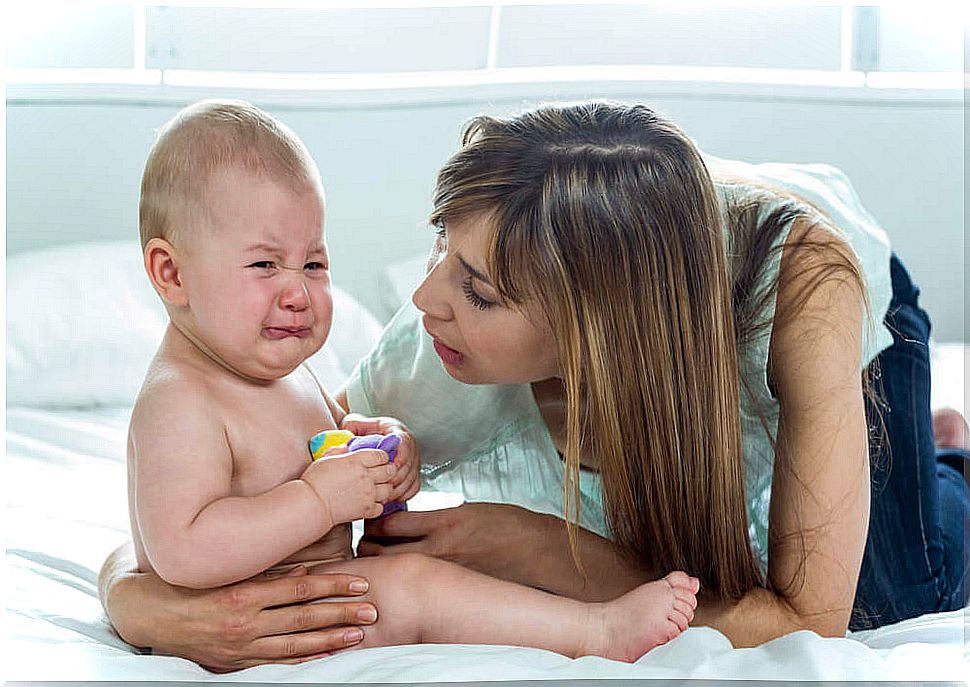
The consequences of physical punishment on the baby are very negative. If this applies to children under two, the consequences will be even more serious. Physical punishment of a baby that includes corporal punishment falls under the category of abuse.
However, some fathers and mothers, including foster care specialists, often believe that it is okay to spank or physically punish a child. For them, it is better to teach a child this way as early as possible what to do and what not to do.
However, physically punishing a baby is not an accepted attitude. Motherhood is a difficult, time-consuming process to get to know and understand your child, especially considering that every baby is different.
As the baby grows and develops, you need to adjust to him. However, you must also be patient. You will find that a healthy baby is the best reward for all your efforts.
Discover today in this article the consequences of physical punishment for a baby and what are the other alternatives.
Is physical punishment a type of abuse?
Without a doubt, physical punishment is a certain type of abuse, even if it is a simple spanking where every precaution is supposed to be taken so as not to harm the baby. The United Nations Convention on the Rights of the Child establishes that children and adolescents have the right to be protected from all forms of corporal punishment.
No matter who cares for the children, whether at home, in reception centers or in educational centers, children should not be subjected to any type of violence. This even applies to penal systems where adolescents who have broken the laws of their country are serving prison terms.
However, although most countries around the world have signed the Convention on the Rights of the Child, only 45 countries have laws prohibiting corporal punishment of children and adolescents. Many countries around the world have yet to make efforts to protect children and minors.
Why do some parents approve of physical punishment?
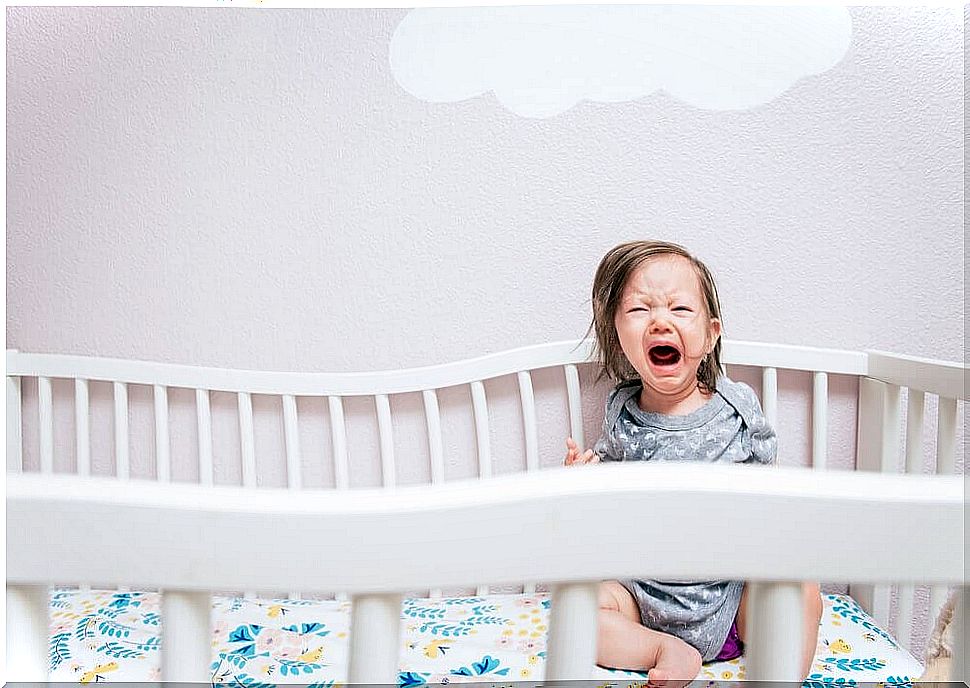
Physical punishments are approved or deemed necessary by parents who claim to have been brought up in this way. They assure that this type of corporal punishment did not cause trauma and did not prevent them from succeeding in adulthood or achieving the proposed goals. They even appreciate having had this type of education.
However, you have to ask them why they dare not question their parents’ parenting style. The ability to abuse one’s own children exposes anyone to relive or remember fear that has not been healed. Everything has changed, as have customs and this type of behavior today is considered deplorable.
Domestic violence is common in many toxic or dysfunctional families. Maybe many parents are afraid to apply physical punishments to their baby or child, but they do not dare to do the necessary work to forget and change the acquired knowledge. So very often these parents repeat the same pattern of violence that they learned during their childhood.
What does physical punishment teach the baby?
A crying baby can become unbearable for its parents. The days after childbirth are exhausting: sleepless nights, daily care, and meeting all the baby’s needs can make any parent get impatient.
However, we encourage you to think carefully before choosing physical punishment for a baby. Do you really think a spanking can keep the baby from crying? Hitting any part of the baby’s fragile body will not alleviate the physical needs or the touch that the baby requires while crying.
By using any form of physical punishment, the learning we pass on to the baby will be much more negative. Many parents who were subjected to physical punishment during their childhood still remember it.
Caring for the baby during the first months of life is essential to maintain the health of the child. At first, parents have to make a big effort. However, over time these habits will become less demanding and difficult. You should know that it is very likely that you will hear your baby cry constantly during the first few days. But don’t worry, babies express all of their needs this way.
The consequences of physical punishment for a baby
Physical punishment to a baby will have the following consequences:
- The baby will not cry when he is hungry, thirsty or want to sleep. On the other hand, he will not ask for what he needs in order not to receive physical punishment.
- He will learn to suppress his needs, including the most emotional ones. This is because he won’t want to feel the pain of being hit again.
- The baby who receives physical punishment will have to get used to the pain and stress. This situation weakens the baby’s natural motivation to discover the world around him.
- These violent acts will prevent him from having confidence in him because he will think that his natural impulses are apparently not good if he receives physical punishments in return.
What damage can physical punishment cause in a baby?

Excessive physical punishment for a baby can have serious consequences. The baby’s developing body is delicate. It can suffer serious damage both physiologically and neurologically. This is in addition to the emotional traumas we have already described.
Spanking may seem light to an adult, but it is not the same to a baby. A blow to the buttocks can cause traumatic injury to the sciatic nerve. Inflammation of the nerve can affect the baby’s mobility temporarily or permanently. An internal rupture of blood vessels can be a worse consequence of this behavior.
Clapping the baby’s hands can cause dislocations of the bones, muscles and tendons. It is also very dangerous to shake a baby. Indeed, all the muscles of the baby’s neck are not yet ready to properly hold his head. It can affect the vertebrae and cause brain damage, blindness and even death of the baby.
What if you waited for the baby to get older before resorting to physical punishment?
The physical punishment of the baby does not correct his behavior. Children who are physically assaulted may obey the rules out of fear of their parents. However, they don’t because they realize the importance of standards. Most likely, when the normally punishing parent is absent, the child breaks the norm.
But the consequences can be even greater. The child learns that violence is the best strategy for:
- Making a point of view heard
- Solve problems
- Do not repress your frustrations
- Get what we want
- To gain respect from others
- Have authority
The child learns that violence is normal. If he is in a position of power, he will use violence against a weaker or defenseless person. When you see the alarming news about gender-based violence or violence in the family, we have to ask ourselves if this is what we want for our children.
The physical punishment of children and especially babies can mold adults without security, fearful, violent, resentful. If you prefer that your children later become happy adults, it is imperative to eliminate physical punishment and violence from our children’s education.
Disobedient children can often be a difficult problem for parents to solve. Childhood is the happiest time for little ones but often the most complicated for parents. Indeed, there are many stages, challenges and changes that parents face together when having a child. On the other hand, respect, trust and communication between parents and children is essential to avoid difficulties. However, in the case of disobedient children, the complications can be even greater. Find out how to solve the problem of disobedient children.
